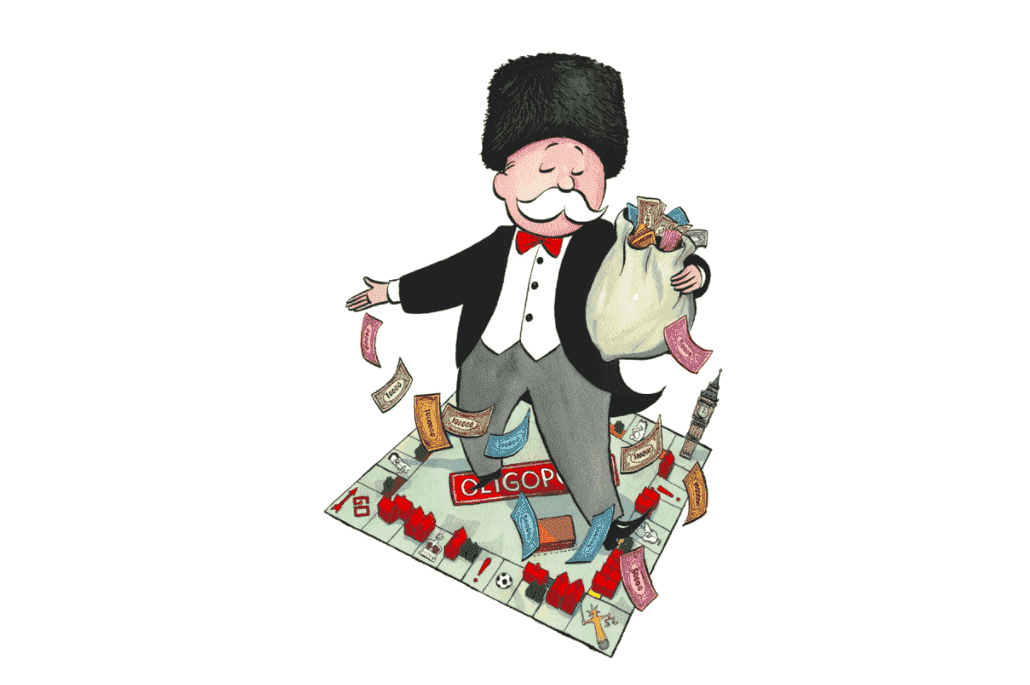The tank columns are stalled; one or two towns captured from the Ukrainians have been retaken. Russia’s war effort has been going nowhere fast for the past fortnight – unless you count the constant pounding and destruction of apartment blocks a form of progress.
But then is the economic war being waged against Russia making any greater progress? True, Muscovites can no longer get a Big Mac, and western-made luxury goods have disappeared from the shelves. Yet look at the dollar’s march against the rouble and it is starting to look like a convoy of Russian armoured vehicles. For the first few days, the rouble sank inexorably as sanctions kicked in. On the day before Putin marched in on Ukraine, a rouble was worth $0.012. By 8 March it had plummeted by nearly half, to $0.007. But then? The rouble has steadily advanced back almost to where it was before the invasion.
The Russian stock market has not quite enjoyed the same bounce. But since it partially reopened last week it, too, has risen sharply. The Moscow Exchange index stood at 3,646 on 16 February. It plunged by nearly half on the morning of 24 February, reaching 1,943. Yet this morning it stands at 2,377. For anyone brave enough to invest at the bottom – and prepared to overlook the ethical issues – Russian stocks have been one of the best investments around over the past week. That is remarkable given the increasingly obvious signs that the war is not going well, and that Russia could find itself sunk into a quagmire for many years.
But it does show how difficult it is for the West to isolate and bring down an opponent’s economy – if this is going to be the new reality of international conflict. We have over-estimated our own economic power. Much as we might like to think that wealthy Russians find our luxury goods indispensable, it is energy that drives the Russian economy. And that is a rather good business to be in at the moment. We may be buying less oil from Russia, but we are still forced to buy its gas. Moreover, there are two very large markets for US gas and oil which are not trying to boycott Russian fossil fuels. Rather, China and India are taking advantage of the discounts being offered.
Since the invasion, India has signed contracts to buy six million barrels of oil from Russia – half as much as it bought during the whole of 2021. Why? Because Russian oil is going at a discount of around $30 a barrel. Between them, India and China could easily mop up any oil which the West refuses to buy from Russia – and if those countries decide that they don’t want to join the boycott there is nothing we can do about it.
Never before has the West attempted to respond to military aggression entirely by economic means. There are plenty of questions that need to be asked about the wisdom of doing so. Would we really want to reduce ordinary Russians to penury – if we could – knowing that it could boost their support for Putin? Putin, after all, has created a narrative that Russia is under attack from the West – and he will be able to cite any privations visited on Russians as evidence of that.
But there is the more immediate question of whether it can work in any case. The West, so far, has managed to bolster Ukraine’s defences by sending arms to the country. That has been a success. Economic sanctions, while initially seemed to hurt Russia, are working much less obviously now.







Comments